Iran, Iraq, Yemen censure US president’s travel ban on Muslims
US President Donald Trump’s controversial Muslim ban has been met with criticism from Iran, Iraq and Yemen, whose nationals have been targeted by the restrictive measure.
On Sunday, Iranian Parliament Speaker Ali Larijani slammed the US for imposing a travel ban against Iranians and nationals from six other Muslim states and said harboring concerns about terror threats from the Islamic Republic’s nationals “sounds more like a joke.”
Ali Larijani said everyone knows Iran has, over the past years, invariably confronted terrorists, making it a trendsetter, subsequently joined by fellow nations in the region.
“Making mention of Iran here under the pretext of concerns about terrorist acts sounds more like a joke,” the top parliamentarian emphasized.
Trump’s measure reveals the “violent and racist attitude” of the US, which is hidden behind the mask of democracy and advocacy for human rights.

On Friday, the US leader signed an executive order, suspending entry into the US for travelers from seven Muslim countries, namely Iran, Iraq, Libya, Somalia, Sudan, Syria and Yemen.
Larijani further said such a move shows the Americans are “even afraid of their own shadow,” adding, “A country, which boasts security power, would not take such decisions out of presentiment, anxiety, and phobia.”
The Islamic Republic, he said, is a safe and self-reliant country.
Unlike the US, Iran works to pave the way for social interactions among nations, and supports peaceful coexistence among all nationalities with their different ideologies on the basis of Islamic principles, the top parliamentarian stated.
Read more:
In a statement issued on Saturday, Iran’s Foreign Ministry slammed Trump’s executive order as “insulting,” vowing that Tehran would respond to the move in kind.
Iran’s Foreign Minister Mohammad Javad Zarif also said such a restrictive measure against Muslims “is the greatest gift to terrorists and their supporters.”
Observers have warned that the US commander-in-chief has set up the moratoria in an Islamophobic and racially-charged move to substantively reduce the flow of Muslims into the country.
Also on Sunday, Yemen’s Houthi Ansarullah movement also lashed out at Trump’s decision and called for the ban to be reversed.
The Sana’a-based movement is running the conflict-torn country’s affairs amid the absence of a government and a deadly Saudi war.
“All attempts to classify Yemen and its citizens as a probable source for terrorism and extremism are illegal and illegitimate,” said the movement in a statement, according to Yemen’s Saba Net news agency.
Cited by Reuters, two unnamed Iraqi parliamentarians, meanwhile, said Baghdad was to argue with the US that the travel curbs could affect cooperation against the Takfiri Daesh terror group.
Hashd al-Sha’abi, the Shia-majority Iraqi volunteer force, which is aiding the military in its fight against the terrorists, also called on the Iraqi government to react to the ban by preventing US nationals from entering Iraq and expelling those who are already in the country.
VIDEO | Yemenis praise the military for its successful operations against Israel
VIDEO | Israel continues to bomb Gaza homes
VIDEO | An insider's view of the country: Meybod City in Yazd
‘All wars have rules. All of those rules have been broken’ by Israel
VIDEO | Report flags India’s violation of rights of Rohingya detainees
Turkey's foreign minister meets Syria's de facto leader in Damascus
VIDEO | US Syria plots
'Next to impossible' to rescue patients from Gaza's Kamal Adwan Hospital: Director


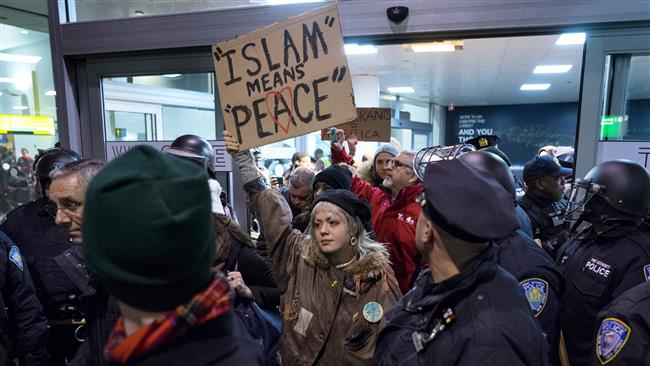
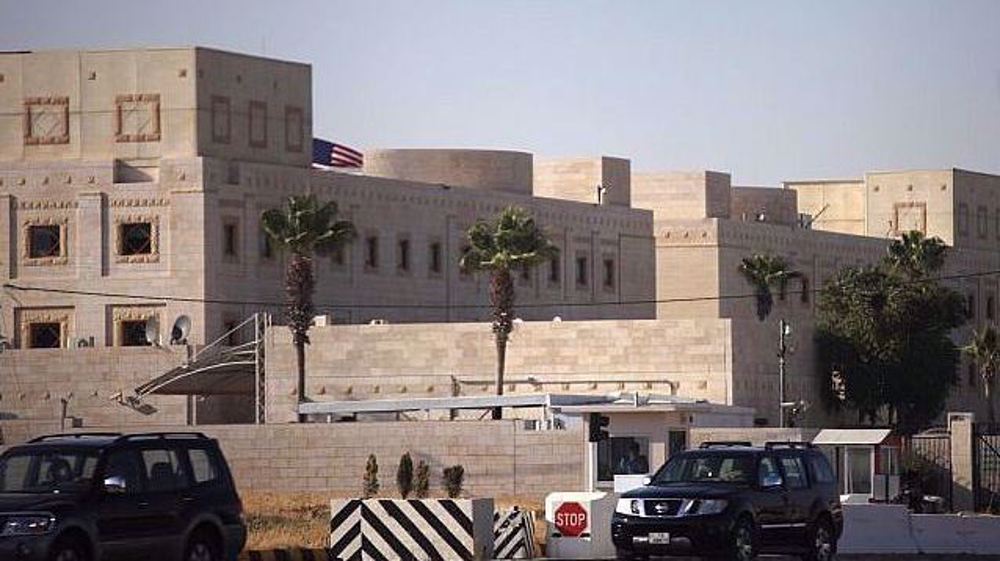

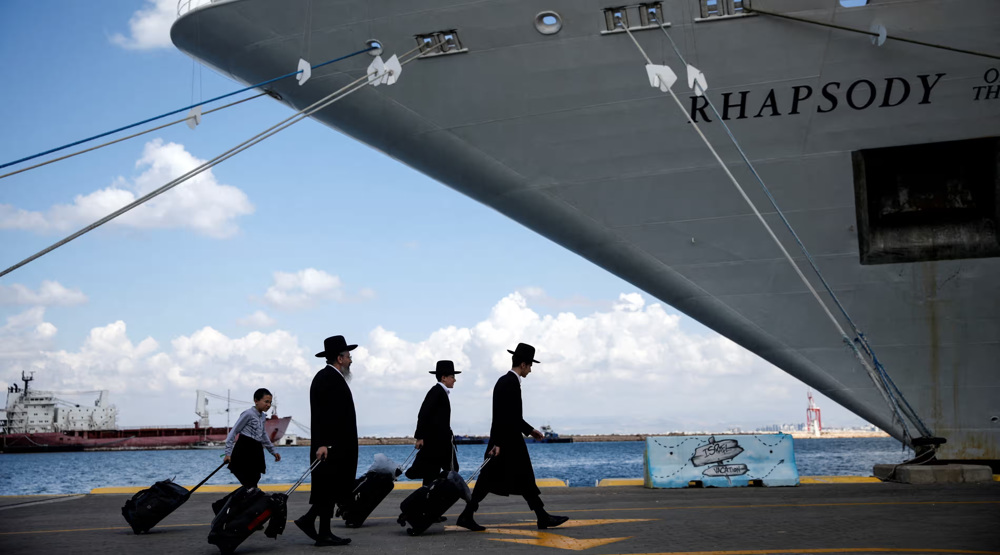



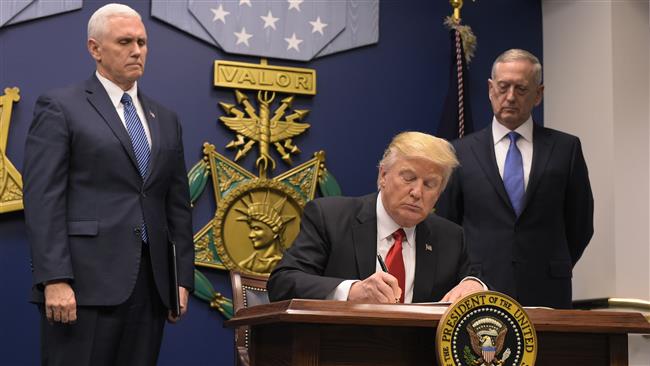
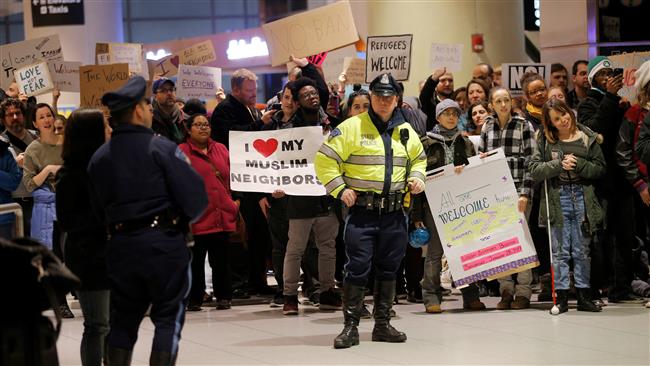
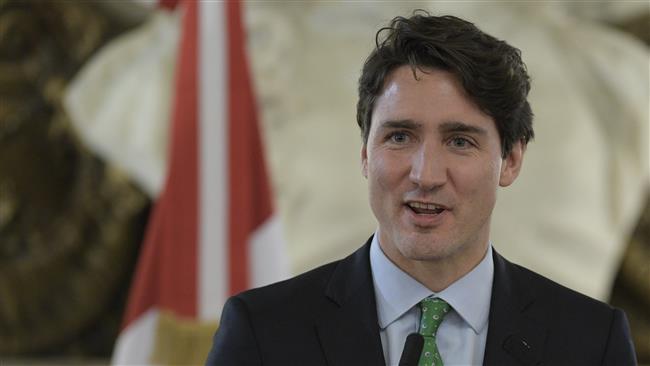
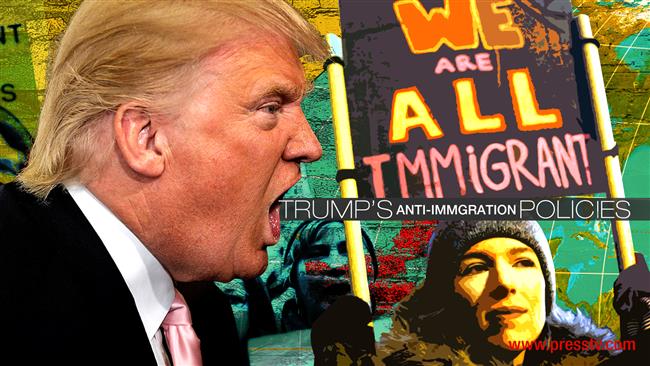
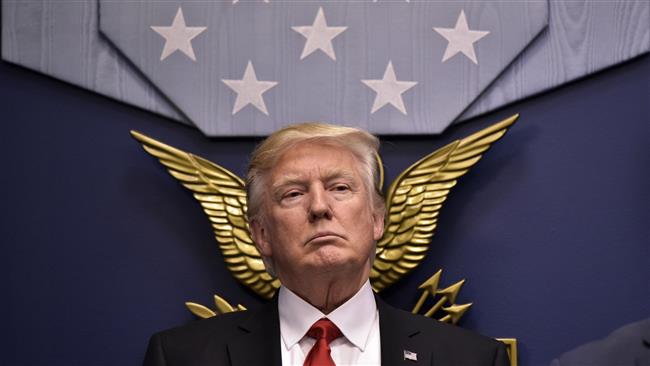

 This makes it easy to access the Press TV website
This makes it easy to access the Press TV website